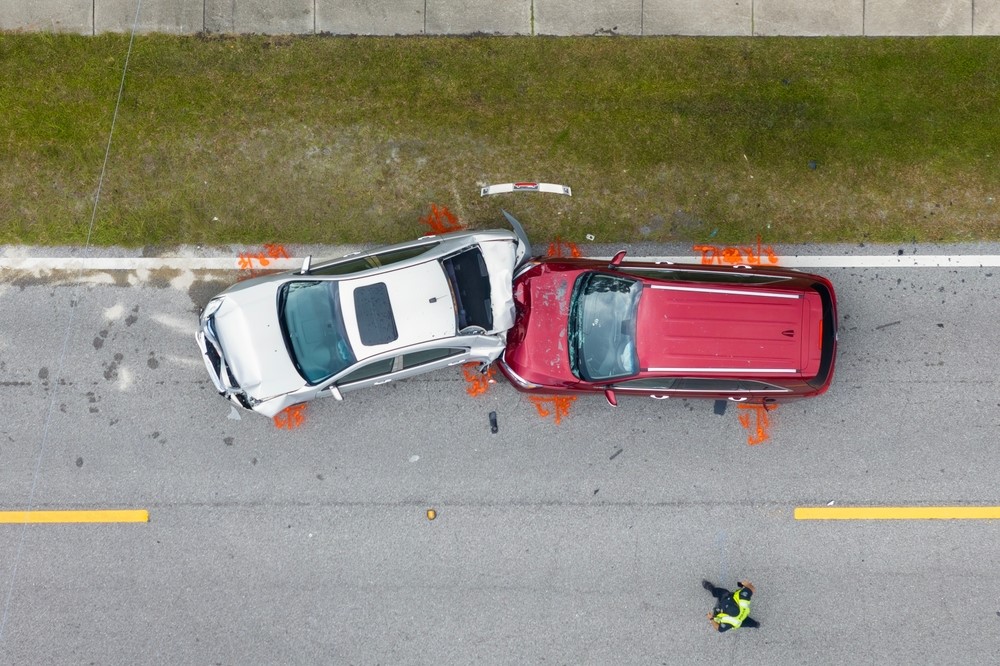When Do Most Car Collisions Happen?

Well, that depends. Rush hours, nights, weekends, and certain winter months are when most car collisions happen.
Did you know? Three common causes of highway collisions are distracted driving, speeding, and tailgating.
When do most car collisions happen?
The key factors include:
Time of day
- Rush hours (morning and evening): The majority of car collisions occur during peak traffic times, usually between 7 AM and 9 AM and 4 PM and 6 PM. These periods coincide with high commuter traffic as people travel to and from work or school.
- Nighttime: Car accidents also peak during nighttime hours, particularly between 9 PM and 12 AM. Reduced visibility, driver fatigue, and increased alcohol consumption contribute to the higher risk of accidents at night.
- Late night to early morning (midnight to 6 AM): The risk of crashes is especially high during these hours, with factors like driver impairment (due to alcohol or drugs), drowsiness, and decreased visibility playing significant roles.
Day of the week
- Friday and Saturday nights: Collisions are more common on Fridays and Saturdays, particularly late at night. This is often linked to alcohol consumption, social gatherings, and more vehicles on the road.
- Weekdays (Monday to Thursday): Accidents during weekdays are common as well, particularly during rush hours, though the overall risk can be lower than during weekends.
Weather Conditions
- Rain and snow: Collisions are more likely to happen in poor weather conditions, such as rain, snow, fog, or icy roads. Wet or slick surfaces reduce traction and make it harder for drivers to stop or maneuver safely.
- Clear weather: Interestingly, clear weather (sunny days) also sees a significant number of accidents, especially during rush hour when more drivers are on the road.
Beware of winter weather. January, December, and November typically see an increase in car collisions.
Road conditions
- Intersections and turns: Collisions often happen at intersections or when making turns. These areas are high-risk zones due to the potential for drivers to miss signals, speed, or misjudge turns.
- High-speed roads: Accidents are more severe on highways and freeways due to higher speeds, though fender benders and low-speed crashes also occur frequently in urban areas and parking lots.
Driver behavior
- Distracted driving: Texting, talking on the phone, or using your vehicle’s in-car entertainment system significantly increases the likelihood of accidents.
- Drunk driving: Alcohol impairment is a major factor in crashes, particularly late at night and on weekends.
Final thoughts
The most common times for car collisions are during rush hours (morning and evening), weekends (especially Friday and Saturday nights), nighttime, and during bad weather or impaired driving. Stay vigilant and adjust your driving to the road and traffic conditions.
Stay vigilant on the road and be a safe driver!







